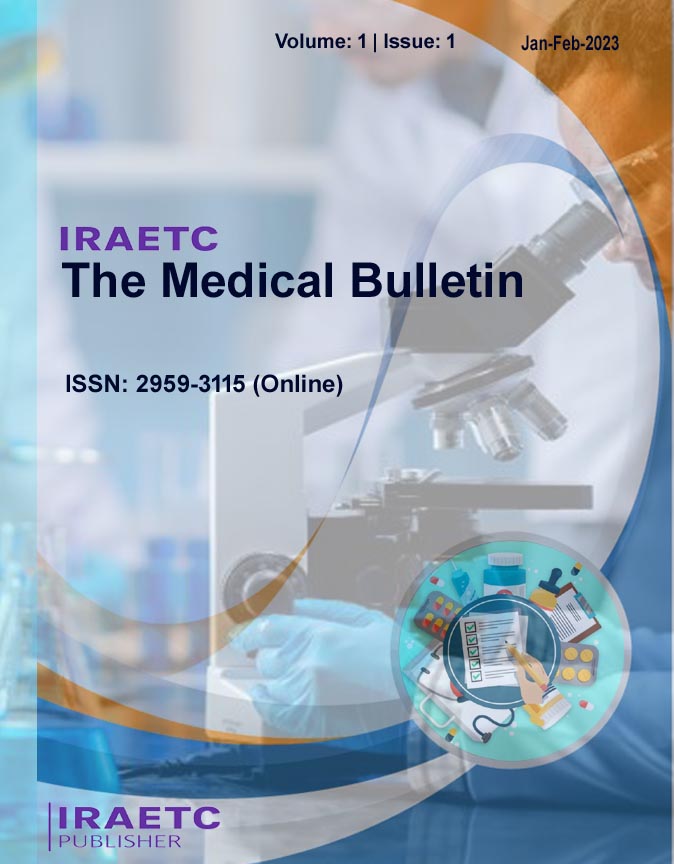Unraveling the Enigma: Understanding Adverse Drug Reactions and its Impact in Medical Care

| Unraveling the Enigma: Understanding Adverse Drug Reactions and its Impact in Medical Care |
| Rehnuma Jafreen, Nafisa Tabassum, Maria Siddika Mim |
| https://doi.org/10.62469/tmb.v02i02.001 |
| Pdf Download |
